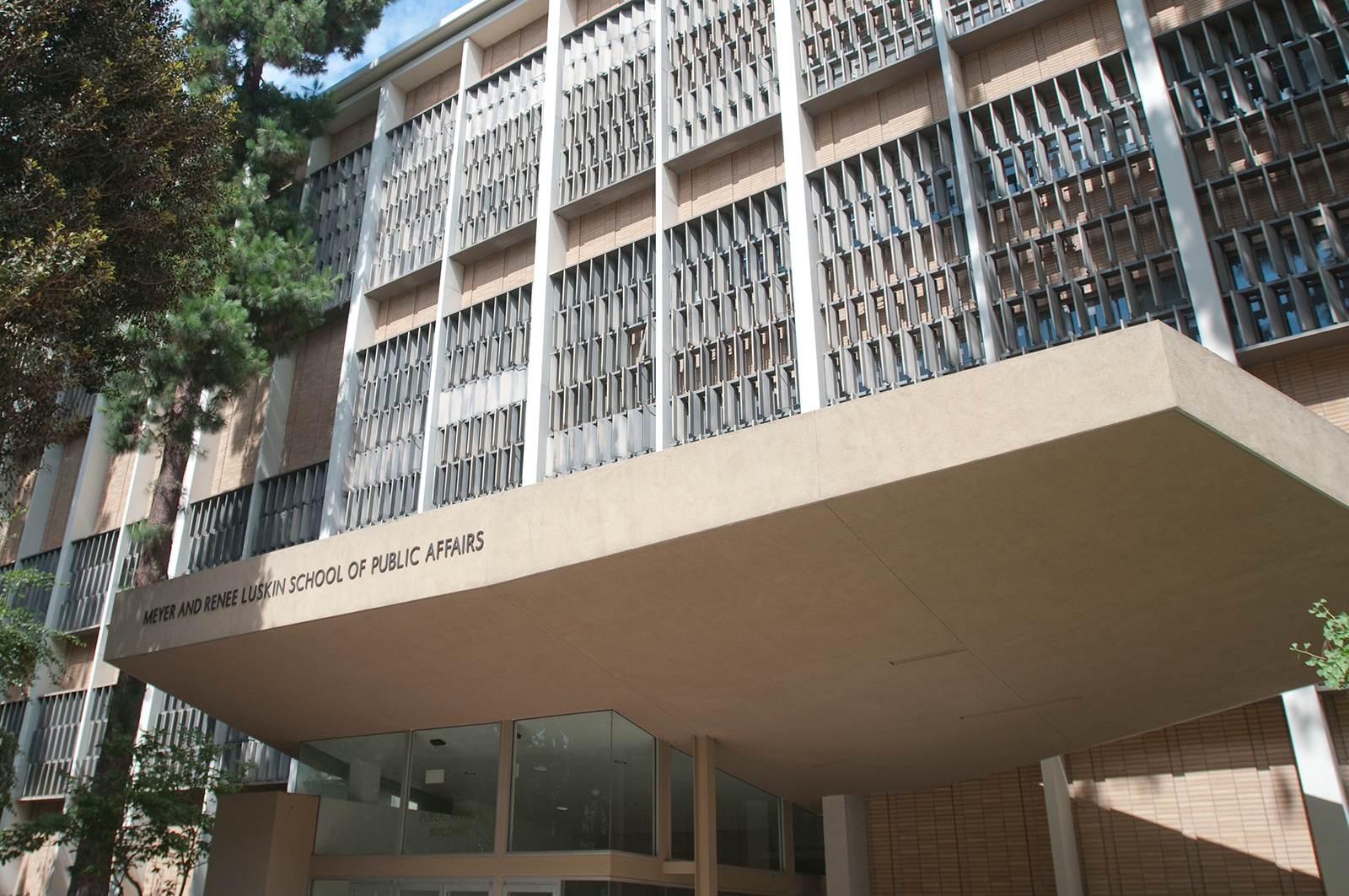UCLA-led study identifies LA neighborhoods most economically vulnerable to COVID-19

A recent study from the UCLA Latino Policy and Politics Initiative and the UCLA Center for Neighborhood Knowledge found that Latino- and Asian-majority neighborhoods are particularly vulnerable to the economic impacts of the coronavirus outbreak. (Daily Bruin file photo)

By Genesis Qu
April 30, 2020 5:26 p.m.
Latino and Asian majority neighborhoods in Los Angeles County are especially economically vulnerable to disruptions caused by COVID-19, a UCLA study found.
The study, which was published April 1 by the UCLA Latino Policy and Politics Initiative and the UCLA Center for Neighborhood Knowledge, sought to locate neighborhoods in LA County that are particularly vulnerable to the coronavirus because of their large number of at-risk workers.
The researchers identified two sectors of the service workforce – hospitality and retail – that are especially at risk for coronavirus-induced layoffs.
Next, they examined the location, racial-ethnic composition, socioeconomic circumstances and foreign-born status of workers in these sectors to locate economically vulnerable neighborhoods.
These vulnerable workers are disproportionately from racial minority backgrounds, said Carla Vasquez-Noriega, a public policy fellow at the UCLA Latino Policy and Politics Initiative who co-authored the report.
Vasquez-Noriega said 40% of Asian-majority neighborhoods and 57% of Latino-majority neighborhoods are at high risk with respect to retail and hospitality COVID-19-related economic impacts, versus only 12.2% of white-majority neighborhoods.
Immigrants are also particularly vulnerable to the economic impacts of the coronavirus because they tend to take on jobs in the service industry, said Chhandara Pech, assistant director of the UCLA Center for Neighborhood Knowledge.
Workers in these two sectors tend to be more at risk because they earn lower wages compared to other people in the service workforce, according to the study. A typical retail worker makes about $23,000 a year, while a typical service worker in hospitality makes about $20,000. Workers in all other sectors of the workforce make about $50,000 a year, according to the study.
Additionally, with state-mandated business closures and a sharp decline in consumer demands, workers who can’t work from home face unemployment, Pech said.
“(Workers in these sectors) don’t have the opportunity to work from home, so they are losing income because they’ve been either laid off or furloughed,” said Pech, who conducted the statistical analysis for the study. “And what we learned in past recessions is that a lot of businesses completely close after a crisis, so a lot of folks will lose their jobs.”
These workers are also especially vulnerable at this time because they lack employment benefits, said Silvia González, co-author of the study and a graduate student in urban planning.
“People working in retail, people who clean homes, people who help you pick out stuff at the store usually do not have the same type of benefits as someone with a job at UCLA,” González said. “You have a disparity in the types of benefits that are offered.”
Pech said they conducted the study to help local and state policymakers see the economic impacts in LA County and to prescribe actionable policy recommendations.
“The west side (of LA County) tends to be more affluent, with affluent workers,” Pech said. “So if we are thinking about the recovery plan, this research allows us to identify where local officials could – instead of focusing on all of LA – target their resources to focus on communities where we know have a high population of workers who are vulnerable.”
By protecting these hotspot neighborhoods, leaders can protect everyone, González said.
“This pandemic has really proven that we need to provide adequate support for the most vulnerable,” González said. “When we are not providing for the most vulnerable, we are also putting everybody else at risk.”

